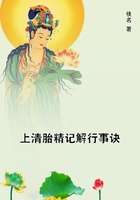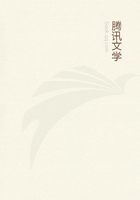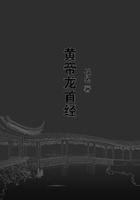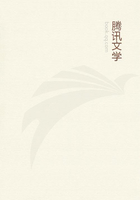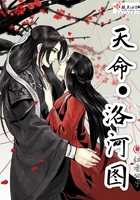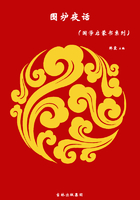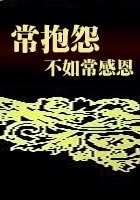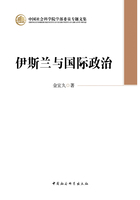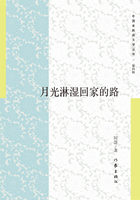Among the Florentines, whenever they got rid of, or tried to get rid of, the Medici, tyrannicide was a practice universally accepted and approved.After the flight of the Medici in 1494, the bronze group of Donatello Judith with the dead Holofernes was taken from their collection and placed before the Palazzo della Signoria, on the spot where the 'David' of Michelangelo now stands, with the inscription, 'Exemplum salutis publicae cives posuere 1495.No example was more popular than that of the younger Brutus, who, in Dante, lies with Cassius and Judas Iscariot in the lowest pit of hell, because of his treason to the empire.Pietro Paolo Boscoli, whose plot against Giuliano, Giovanni, and Giulio Medici failed (1513), was an enthusiastic admirer of Brutus, and in order to follow his steps, only waited to find a Cassius.Such a partner he met with in Agostino Capponi.His last utterances in prison a striking evidence of the religious feeling of the time show with what an effort he rid his mind of these classical imaginations, in order to die like a Christian.Afriend and the confessor both had to assure him that St.Thomas Aquinas condemned conspirators absolutely; but the confessor afterwards admitted to the same friend that St.Thomas drew a distinction and permitted conspiracies against a tyrant who bad forced himself on a people against their will.
After Lorenzino Medici had murdered the Duke Alessandro (1537), and then escaped, an apology for the deed appeared,8 which is probably his own work, and certainly composed in his interest, and in which he praises tyrannicide as an act of the highest merit; on the supposition that Alessandro was a legitimate Medici, and, therefore, related to him, if only distantly, he boldly compares himself with Timoleon, who slew his brother for his country's sake.Others, on the same occasion, made use of the comparison with Brutus, and that Michelangelo himself, even late in life, was not unfriendly to ideas of this kind, may be inferred from his bust of Brutus in the Bargello.He left it unfinished, like nearly all his works, but certainly not because the murder of Caesar was repugnant to his feeling, as the couplet beneath declares.
A popular radicalism in the form in which it is opposed to the monarchies of later times, is not to be found in the despotic States of the Renaissance.Each individual protested inwardly against despotism but was disposed to make tolerable or profitable terms with it rather than to combine with others for its destruction.Things must have been as bad as at Camerino, Fabriano, or Rimini, before the citizens united to destroy or expel the ruling house.They knew in most cases only too well that this would but mean a change of masters.The star of the Republics was certainly on the decline.
The Republics: Venice and Florence The Italian municipalities had, in earlier days, given signal proof of that force which transforms the city into the State.It remained only that these cities should combine in a great confederation; and this idea was constantly recurring to Italian statesmen, whatever differences of form it might from time to time display.In fact, during the struggles of the twelfth and thirteenth centuries, great and formidable leagues actually were formed by the cities; and Sismondi is of opinion that the time of the final armaments of the Lombard confederation against Barbarossa (from 1168 on) was the moment when a universal Italian league was possible.But the more powerful States had already developed characteristic features which made any such scheme impracticable.In their commercial dealings they shrank from no measures, however extreme, which might damage their competitors; they held their weaker neighbors in a condition of helpless dependence in short, they each fancied they could get on by themselves without the assistance of the r est, and thus paved the way for future usurpation.
The usurper was forthcoming when long conflicts between the nobility and the people, and between the different factions of the nobility, had awakened the desire for a strong government, and when bands of mercenaries ready and willing to sell their aid to the highest bidder had superseded the general levy of the citizens which party leaders now found unsuited to their purposes.The tyrants destroyed the freedom of most of the cities; here and there they were expelled, but not thoroughly, or only for a short time; and they were always restored, since the inward conditions were favourable to them, and the opposing forces were exhausted.
Among the cities which maintained their independence are two of deep significance for the history of the human race: Florence, the city of incessant movement, which has left us a record of the thoughts and aspirations of each and all who, for three centuries, took part in this movement, and Venice, the city of apparent stagnation and of political secrecy.No contrast can be imagined stronger than that which is offered us by these two, and neither can be compared to anything else which the world has hitherto produced.

